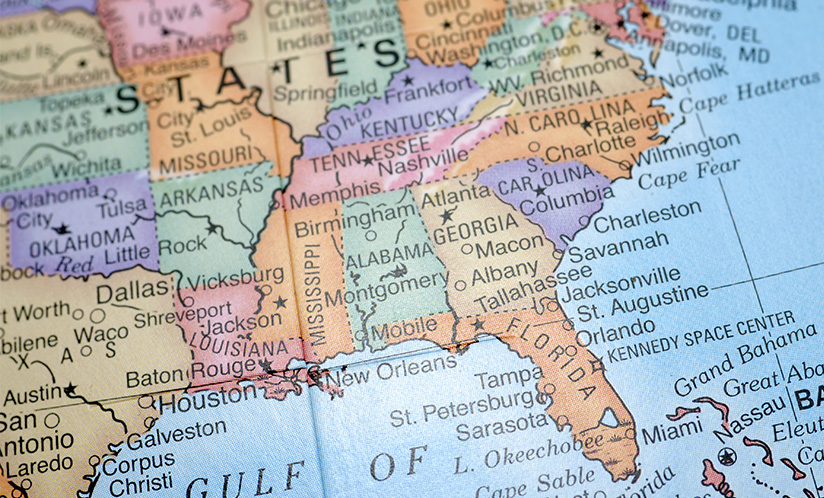A View of the South Amid Restrictive Reproductive Health Policy

Since Roe v. Wade was overturned by the U.S. Supreme Court in 2022, states across the country, and especially in the South, have been passing increasingly restrictive reproductive health policies.
In an editorial published in the October 2024 issue of American Journal of Public Health, researchers from the Center for Reproductive Health Research in the Southeast (RISE) highlight the persistence, perseverance, community care, and creativity of pregnant people and their supporters across the region.
The Big Takeaways
Pregnant people have shown their persistence and determination to seek care. The number of people travelling out of state for abortions has doubled, and self-managed and telehealth medication abortions have increased in many Southern states.
Clinics and abortion funds continue to demonstrate their creativity. While dozens of clinics have closed since Roe v. Wade was overturned, many more have strategized ways to stay open and continue providing care through solutions like mobile clinics and telehealth. Abortion funds have enabled hundreds of thousands of abortion seekers to receive care that they otherwise could not have afforded.
Advocates work for local protection for reproductive health. Networks of health policy advocates have worked with city and state policymakers to pass laws that protect those seeking abortions and physicians who perform them.